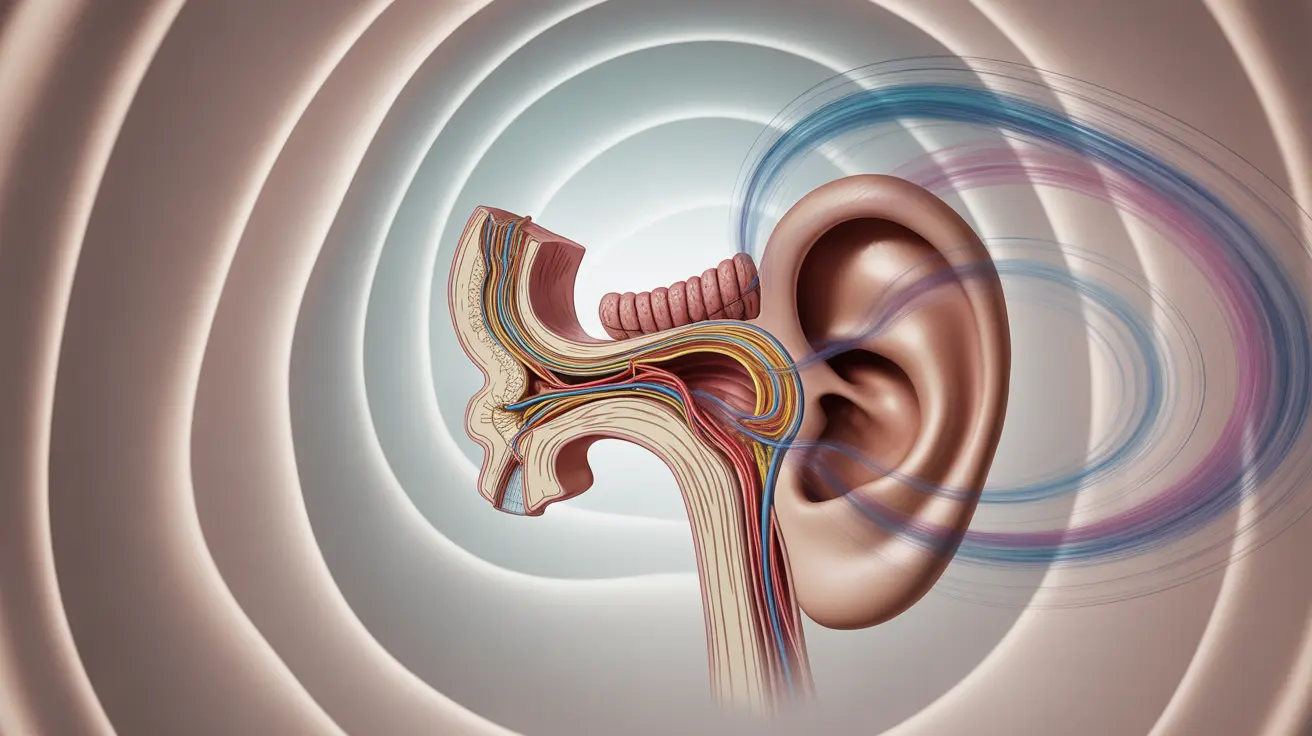The relationship between COVID-19 and tinnitus has emerged as a significant concern during the pandemic. Many individuals have reported experiencing tinnitus—a persistent ringing, buzzing, or whooshing sound in the ears—either during their COVID-19 infection or as a post-COVID symptom. Understanding this connection and knowing how to manage these symptoms is crucial for affected individuals.
This comprehensive guide explores the link between COVID-19 and tinnitus, discussing symptoms, treatment options, and strategies for managing this challenging condition.
The Connection Between COVID-19 and Tinnitus
COVID-19 can affect multiple body systems, including our auditory system. Research suggests that the virus may impact the inner ear directly or cause inflammation that leads to tinnitus symptoms. Additionally, the stress and anxiety associated with COVID-19 infection may trigger or worsen tinnitus in some individuals.
Common Symptoms and Experiences
When COVID-19 triggers tinnitus, patients typically report:
- Persistent ringing or buzzing in one or both ears
- Changes in hearing sensitivity
- Fluctuating sound intensity
- Increased awareness of tinnitus during quiet periods
- Difficulty concentrating due to the constant sound
These symptoms may appear during active infection or develop as part of long COVID syndrome.
Managing COVID-Related Tinnitus
Immediate Relief Strategies
Several approaches can help manage tinnitus symptoms:
- Sound therapy using white noise machines
- Relaxation techniques and stress management
- Maintaining regular sleep patterns
- Avoiding silence by using background sounds
- Staying well-hydrated and maintaining good nutrition
Medical Interventions
Professional medical support may include:
- Consultation with an ENT specialist
- Hearing tests to assess any related hearing loss
- Cognitive behavioral therapy
- Medication for underlying conditions
- Tinnitus retraining therapy
The Impact of COVID-19 Vaccination
While some individuals have reported tinnitus following COVID-19 vaccination, it's important to note that such cases are rare. The benefits of vaccination generally outweigh the risks, and any concerns should be discussed with healthcare providers.
Long-Term Considerations
For many people, COVID-related tinnitus may improve over time. However, some may experience persistent symptoms requiring ongoing management. Regular monitoring and adjusting treatment strategies as needed can help maintain quality of life.
Stress Management and Mental Health
The pandemic has increased stress levels for many people, which can exacerbate tinnitus symptoms. Implementing stress-reduction techniques and seeking mental health support when needed are essential components of managing tinnitus effectively.
Frequently Asked Questions
- What are the symptoms of tinnitus caused by COVID-19, and how does it feel?
COVID-19-related tinnitus typically manifests as persistent ringing, buzzing, or whooshing sounds in the ears. Patients often describe it as more noticeable during quiet periods and potentially accompanied by changes in hearing sensitivity.
- How can I manage or treat tinnitus symptoms experienced after COVID-19 infection?
Management strategies include sound therapy, stress reduction techniques, maintaining good sleep hygiene, and seeking professional medical support. Treatment may involve a combination of approaches tailored to individual needs.
- Is there a direct link between COVID-19 vaccination and developing tinnitus?
While rare cases of tinnitus have been reported following COVID-19 vaccination, a direct causal link hasn't been firmly established. The benefits of vaccination generally outweigh the potential risks.
- What are the potential long-term effects of COVID-19-related tinnitus on hearing and overall health?
Long-term effects vary among individuals. Some may experience temporary symptoms that resolve over time, while others might need ongoing management. Regular monitoring and professional support can help address any persistent issues.
- Can stress and anxiety from the pandemic exacerbate tinnitus symptoms, and how can I reduce this impact?
Yes, stress and anxiety can worsen tinnitus symptoms. Reducing their impact involves practicing stress management techniques, maintaining routine, seeking social support, and possibly working with mental health professionals.




